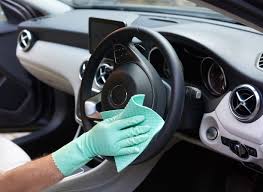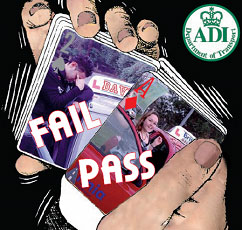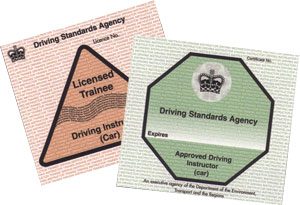There’s a lot for drivers to keep track of this year, increases in tax,
More ways to fail the MOT, licencing updates and emission zone charges.
Here’s our need to know changes for the year ahead.
Driving and law changes in 2019:
1.London’s Ultra Low Emission Zone
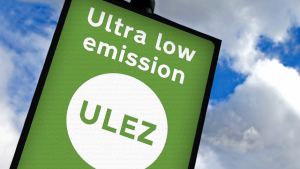
On 8th April 2019, the new Ultra Low Emission Zone (ULEZ) IN London came into effect, this replaces the previous T- charge scheme, with the hopes of improving the air quality and reducing harmful emissions in London.
The new scheme applies to most vehicles, including vans and cars. If a vehicle doesn’t meet the ULEZ emission standards its driver will need to a daily charge to drive within the area. Cars, motorcycles and vans are £12.50 a day and lorries will be £100 a day.
The new charges will apply 24 hours a day, 365 days a year. The ULEZ covers the exact same area as the congestion charge and is in addition to the already in place Congestion Charge. In 2021 the zone will be extended to cover all areas that are within the boundary of the north and south circular.
Clean Air zones:
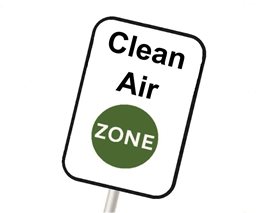
The Environmental Law Organisation Client Earth Issued the UK with a lawsuit for breaching EU LIMITS FOR (NO2) nitrogen dioxide, the government called for other cities to reduce emissions thus creating Clean Air Zones (CAZ).
In January 2020 Leeds and Birmingham are expected to be introducing a CAZ, Bath, Sheffield, Greater Manchester, Oxford and Glasgow are expected to be consulting or implementing similar proposals, it is also possible that after Brexit the UK may change the NO2 limits.
- Tax increases
Vehicle Excise Duty (VED) in line with inflation went up in April 2019, These rises apply to all cars not just new model so for most drivers the annual cost of car tax will increase by £5. High emission car owners will be charged an additional £15, diesel owners whose vehicle doesn’t meet the RDE2 standard emissions which is mandatory in 2020, must pay tax at the higher rate. New car owners may face an extra £65 on first year car tax. Fuel duty has been frozen until April 2020 and there are no VED rises due but with the budget in November we will see….
3. New Mot rules
The government changed the rules for MOT tests in May 2018. New regulations include:
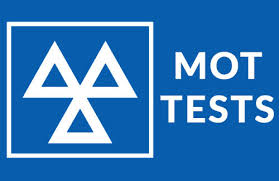
. Exemption for cars over 40 years old
. A new certificate design
. New items being tested, headlight washers, reversing lights, fluid leaks, brake pad warning lights and tyre inflation.
. New defect categories : dangerous, major, minor, advisory and pass.
. Stricter limits for emissions from diesel cars with a diesel particulate filter (DPF)
4.Diesel surcharges for residential parking
According Car buyer the price of residential parking permits can be a postcode lottery .Some London councils have been quietly been introducing an annual diesel surcharge with the London Borough of Barnet charging up to £10 more and the London Borough of Merton a whopping £150 !
 Buy Gifts Vouchers Here
Buy Gifts Vouchers Here Intensive Driving Courses
Intensive Driving Courses Driving Test Booking Services
Driving Test Booking Services


